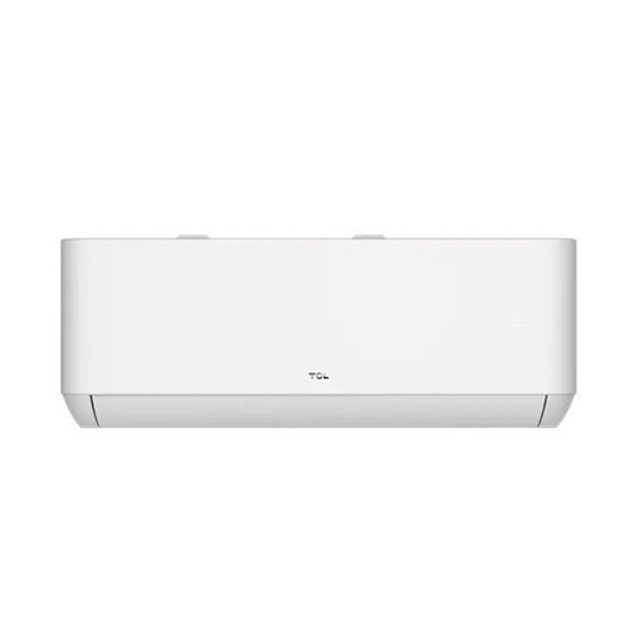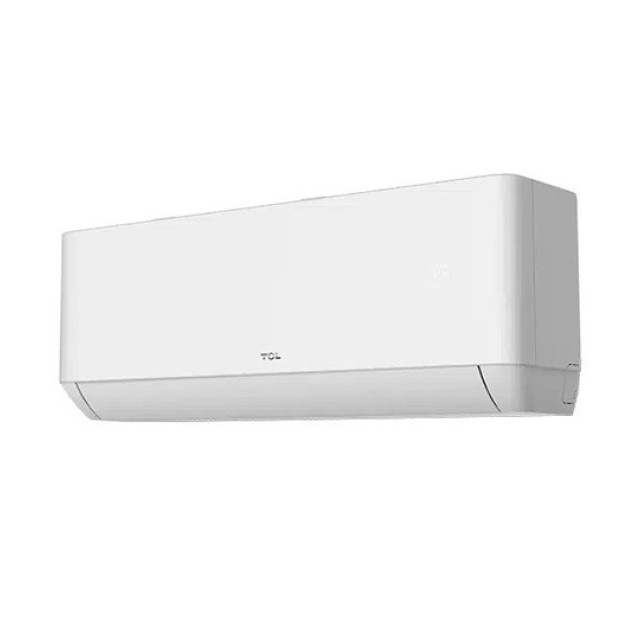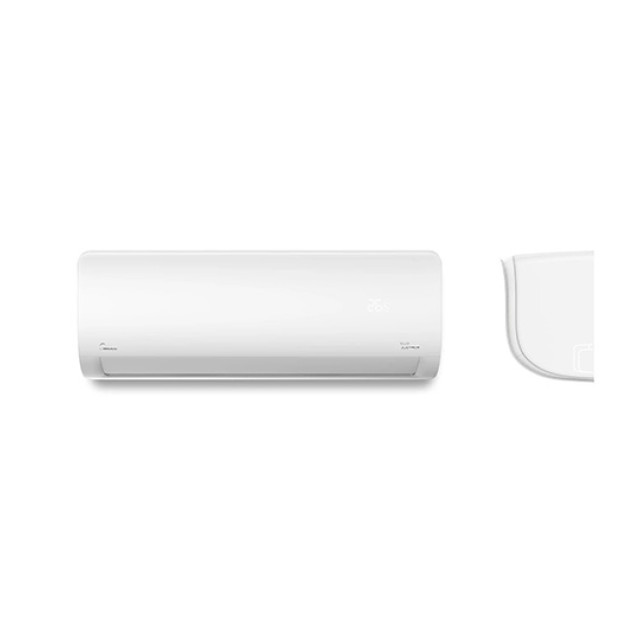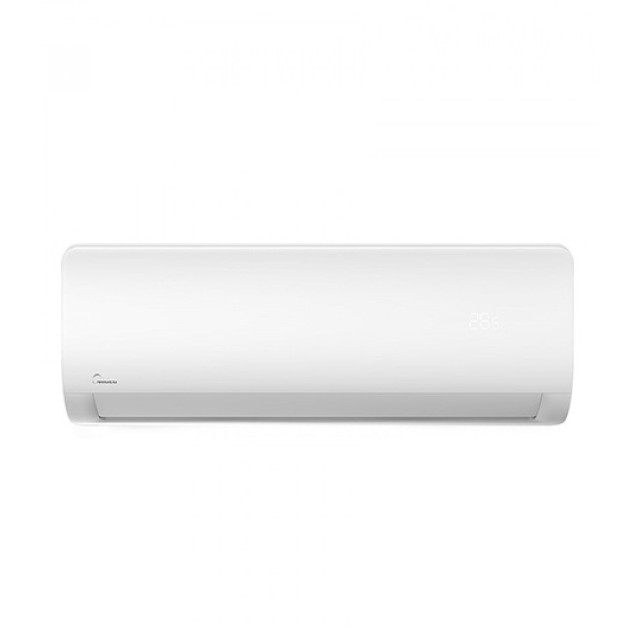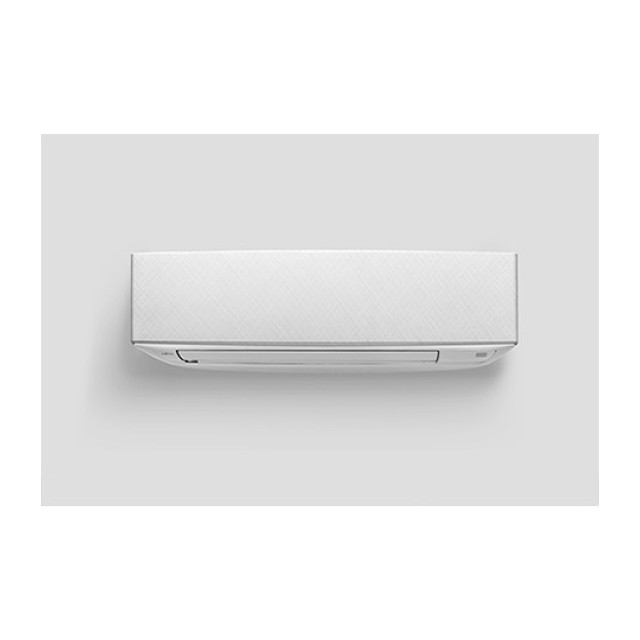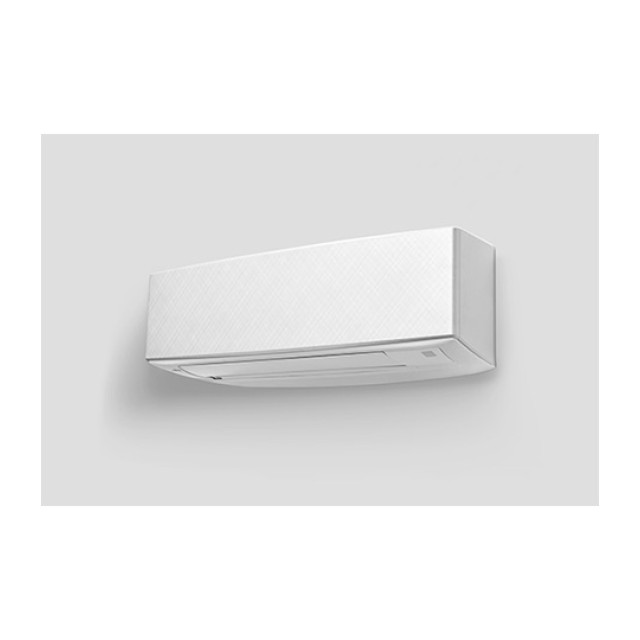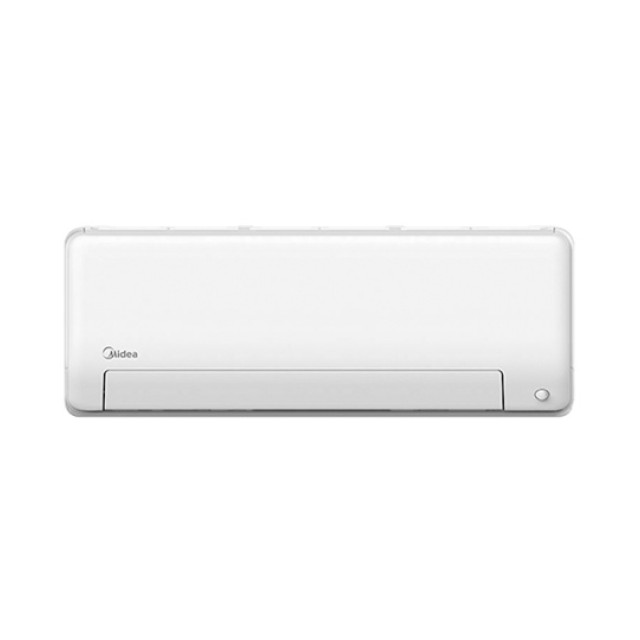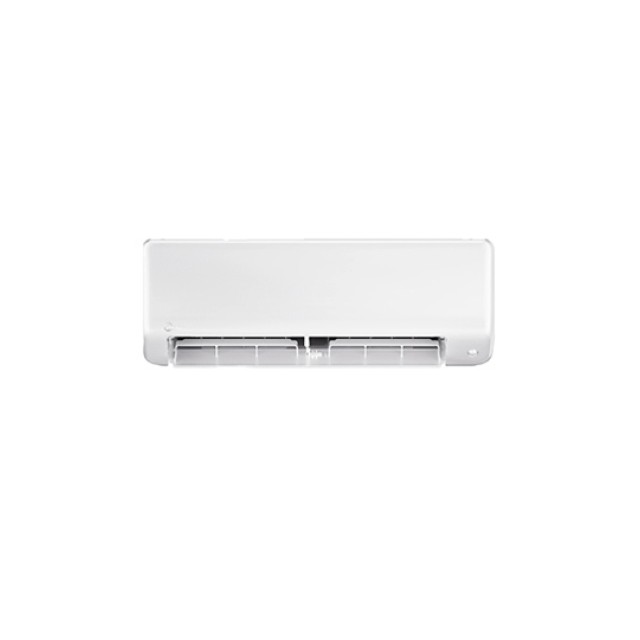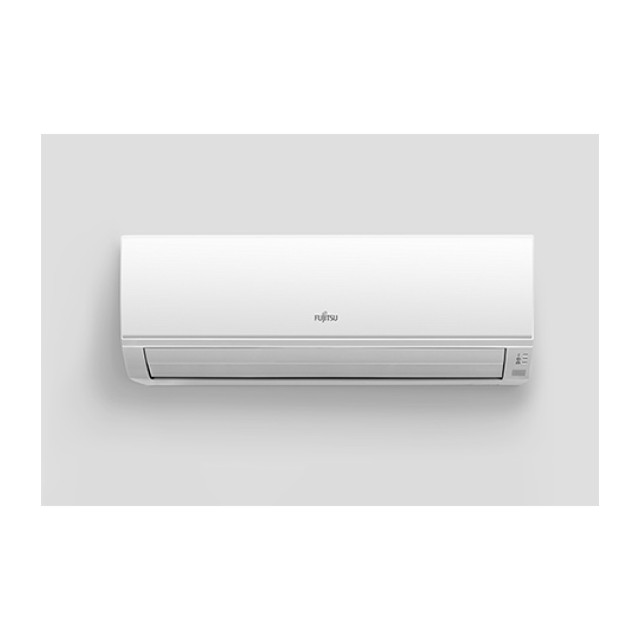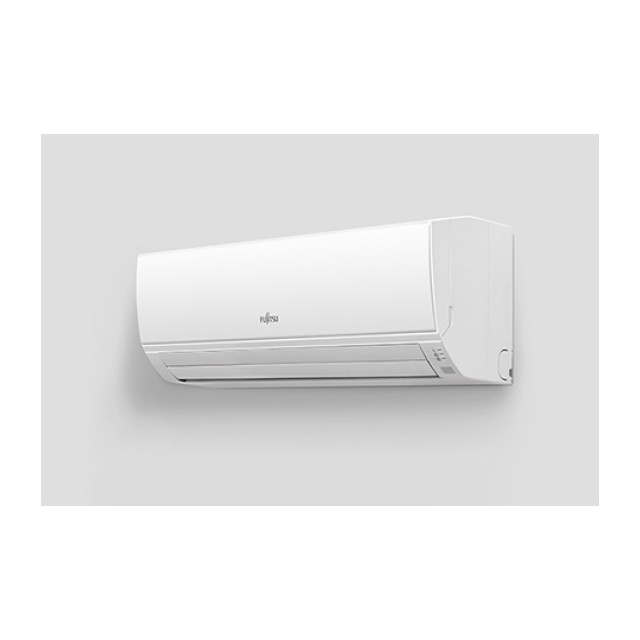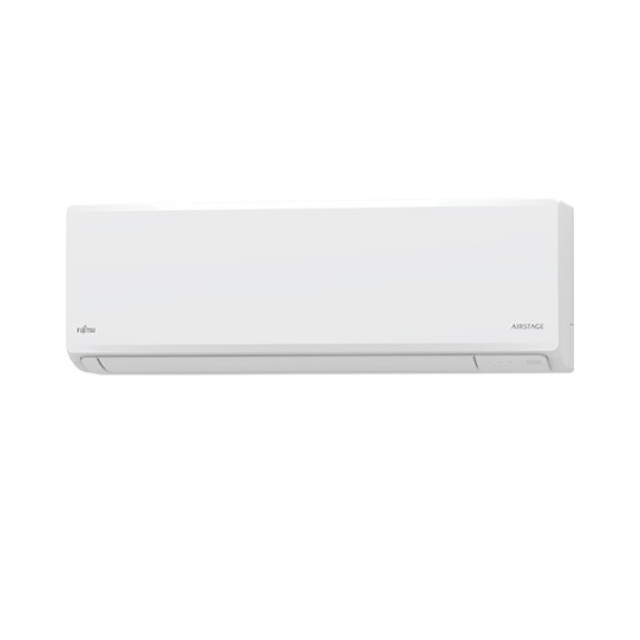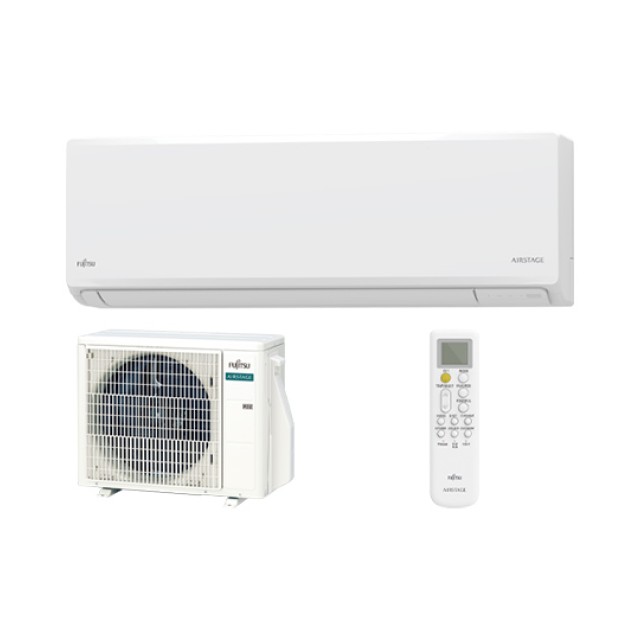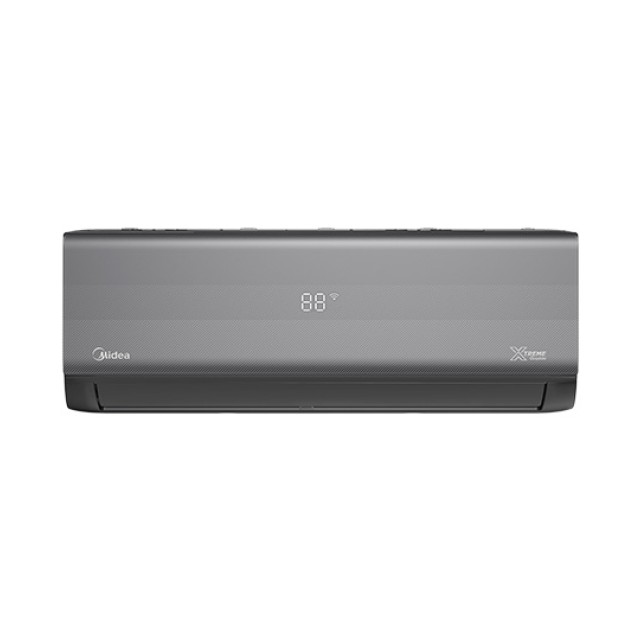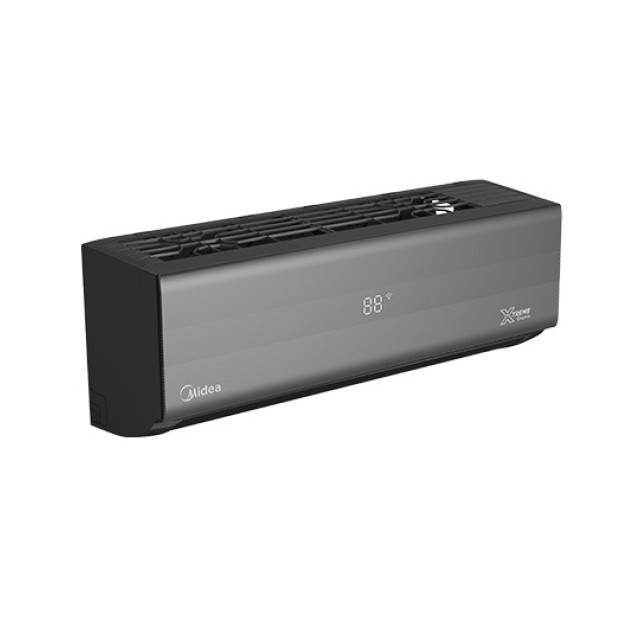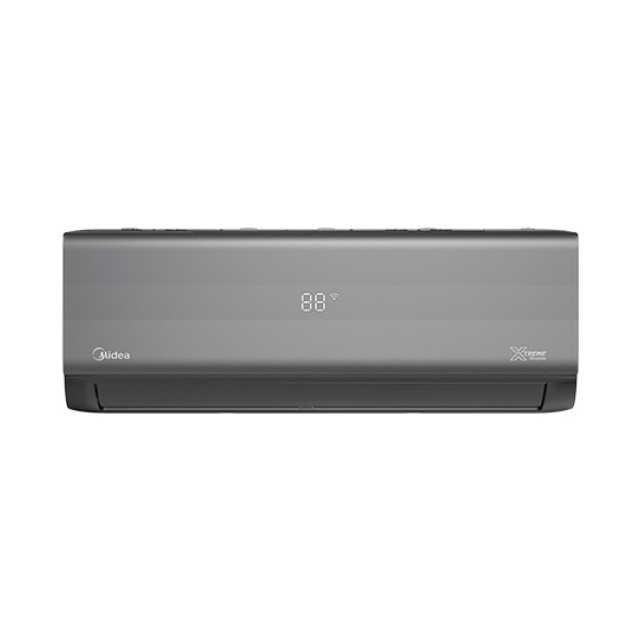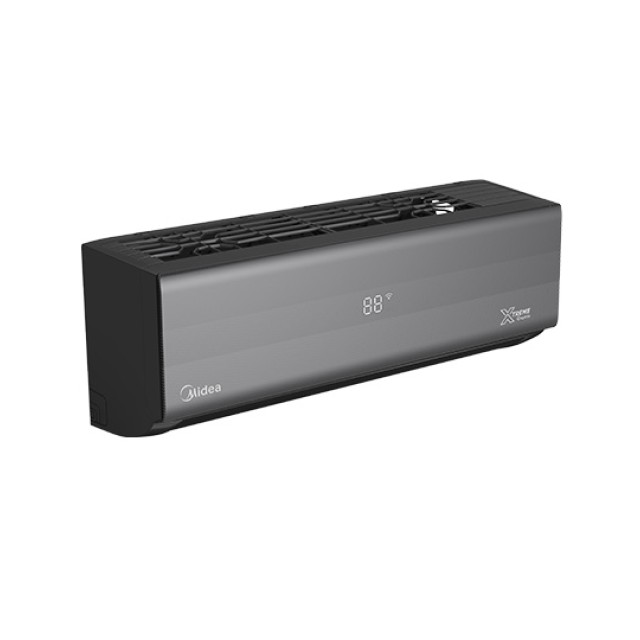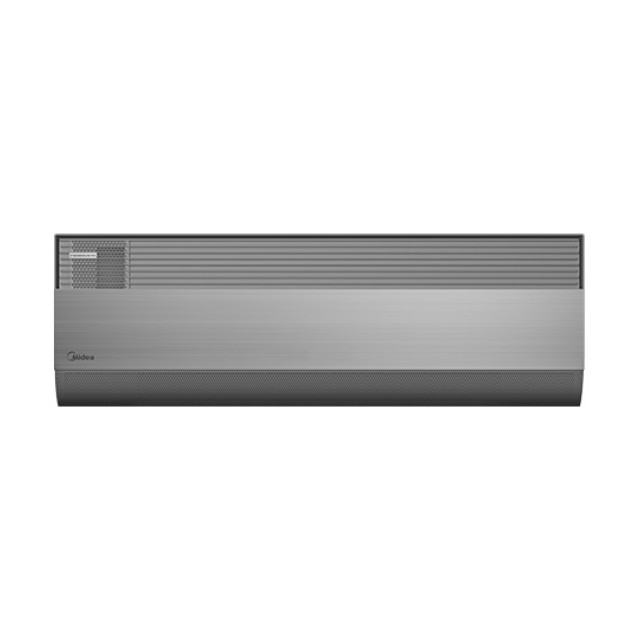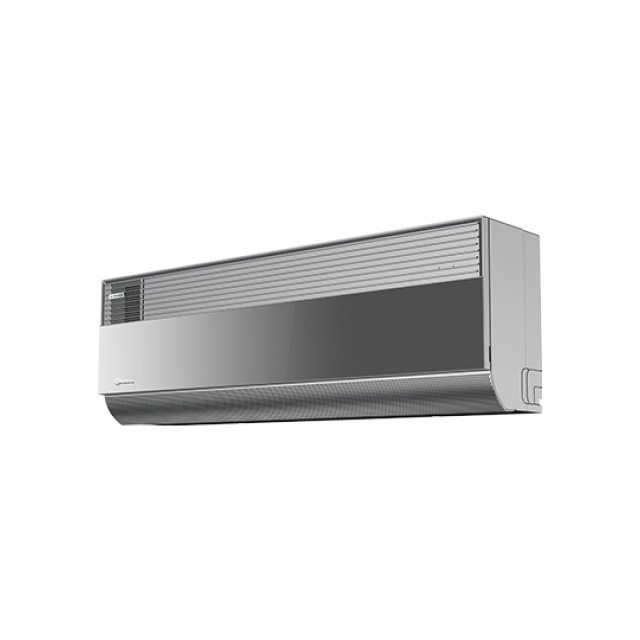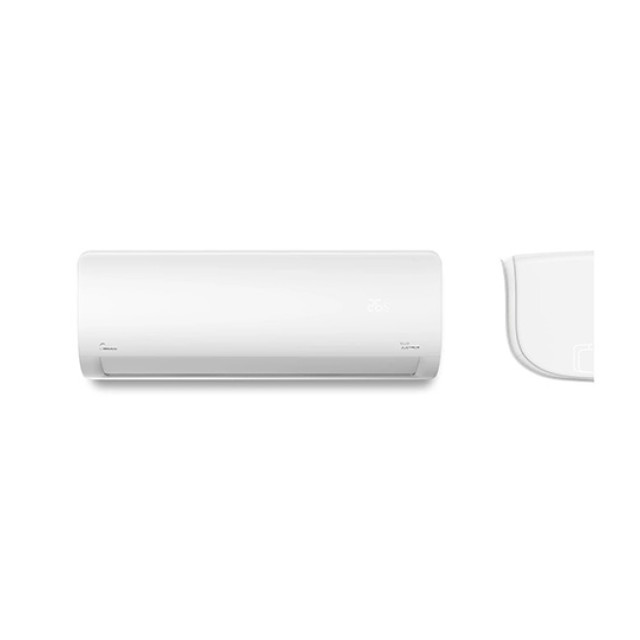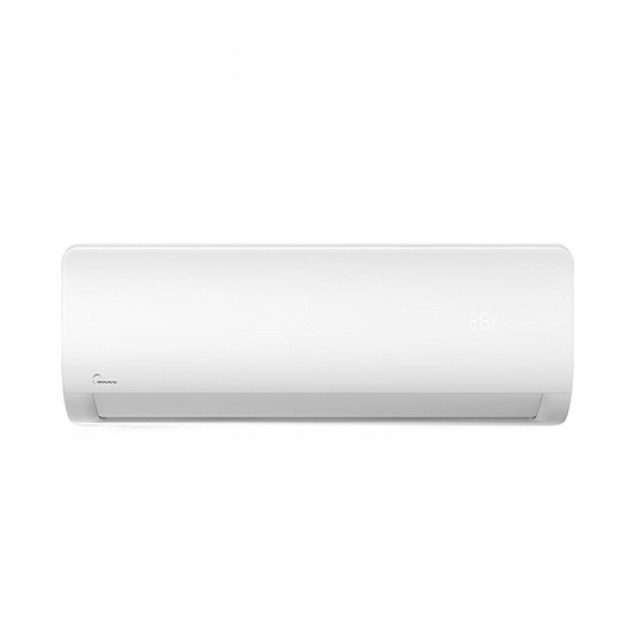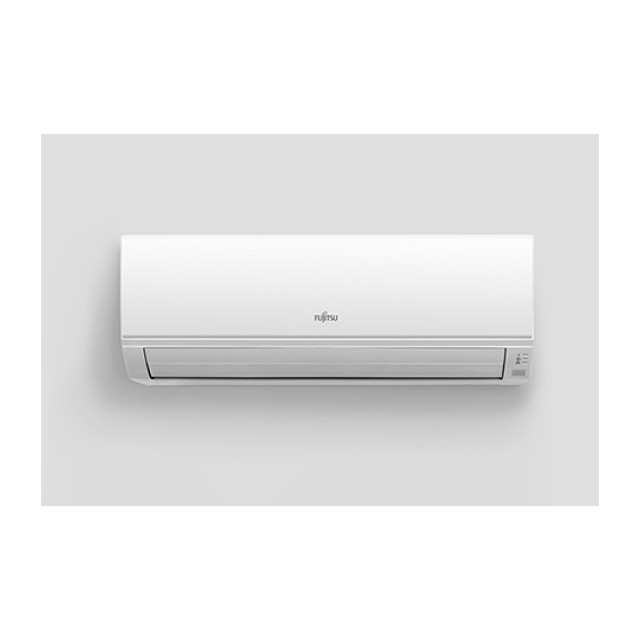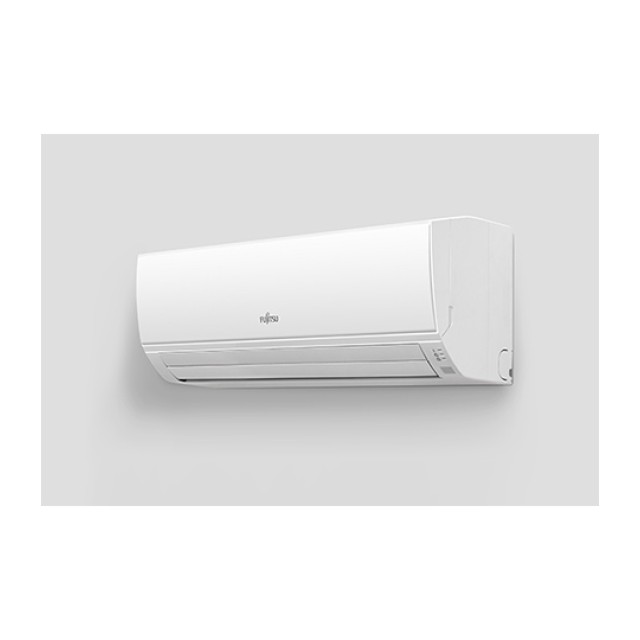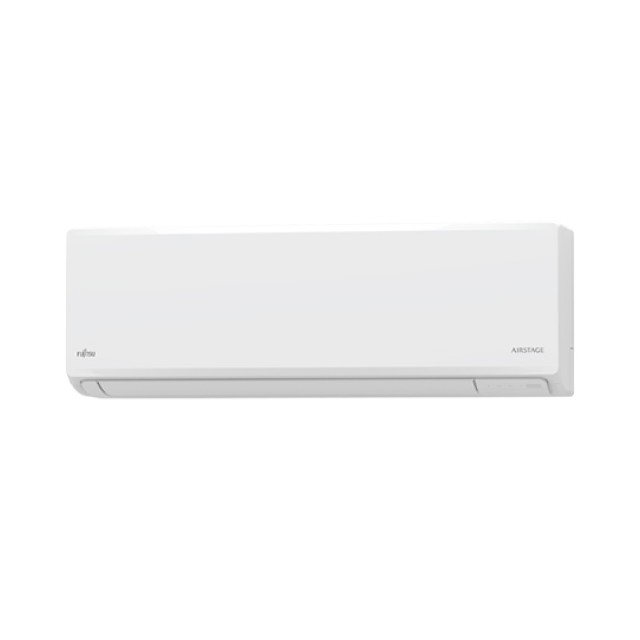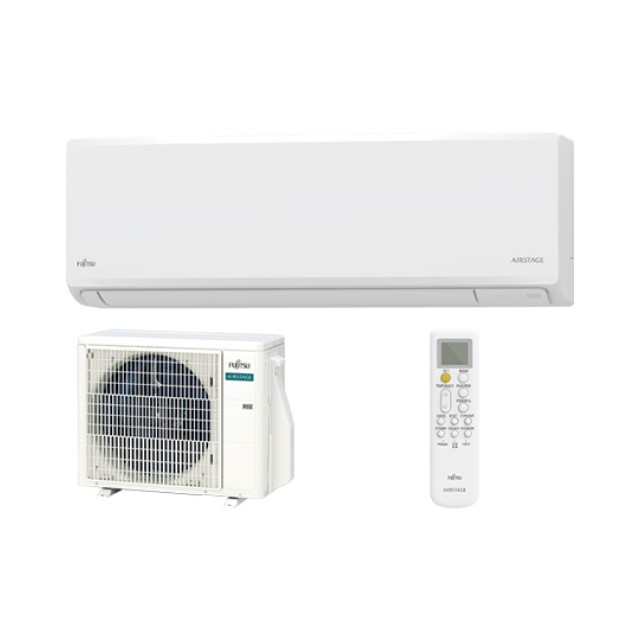
Η αγορά ενός κλιματιστικού μπορεί να φαίνεται περίπλοκη υπόθεση, αλλά με τις σωστές πληροφορίες, μπορείτε να κάνετε την καλύτερη επιλογή για τις ανάγκες σας. Ακολουθεί ένας αναλυτικός οδηγός για να σας βοηθήσει να επιλέξετε το κατάλληλο κλιματιστικό.
Ονομαστική Απόδοση (BTU)
Το βασικό χαρακτηριστικό που πρέπει να ελέγξετε πριν από την απόκτηση ενός κλιματιστικού είναι η Ονομαστική Απόδοση ή αλλιώς Ισχύς, που υπολογίζεται σε BTU/h. Ο πιο εύκολος κανόνας που μπορείς να θυμάσαι είναι πως όσο πιο υψηλό είναι το BTU, τόσο μεγαλύτερο χώρο μπορεί να καλύψει.
Καθώς κάθε χώρος του σπιτιού/καταστήματος/εταιρείας έχει διαφορετικό μέγεθος και χρήση, παρακάτω σου παραθέτουμε κάποιους από τους παράγοντες που μπορούν να επηρεάσουν την Ισχύ ενός κλιματιστικού.
- Τα τετραγωνικά του χώρου, καθώς και το ύψος του
- Η ύπαρξη μόνωσης του κτιρίου
- Ο όροφος στον οποίο βρίσκεται
- Ο προσανατολισμός και η θέση των δωματίων
- Η ύπαρξη άλλων ηλεκτρικών συσκευών στο χώρο
Ο παρακάτω πίνακας συσχετίζει τα BTU με τα τετραγωνικά του χώρου.
| 9.000 – 11.000 BTU/h | έως 18 m2 |
| 12.000 – 17.000 BTU/h | 18 – 25 m2 |
| 18.000 – 23.000 BTU/h | 25 – 40 m2 |
| 24.000 BTU/h | άνω των 40 m2 |
Ενεργειακή Κλάση
Η ενεργειακή κλάση κυμαίνεται από το επίπεδο Α+++ (ανώτερο, περισσότερο αποδοτικό) μέχρι το επίπεδο D (κατώτερο, λιγότερο αποδοτικό).
Σε όλα τα μοντέλα θα συναντήσεις δύο επίπεδα ενεργειακής κλάσης, όπου διαφέρει μεταξύ ψύξης και θέρμανσης. Για την ψύξη θα αναφέρεται ως, εποχιακός βαθμός ενεργειακής απόδοσης ψύξης (SEER) και για την θέρμανση θα αναφέρεται ως εποχιακός βαθμός απόδοσης θέρμανσης (SCOP). Όσο πιο ψηλός είναι ο εκάστοτε δείκτης, τόσο πιο αποδοτικό είναι το κλιματιστικό στην συγκεκριμένη λειτουργία. Επομένως, αν σε ενδιαφέρει να χρησιμοποιήσεις το κλιματιστικό σου περισσότερο τους καλοκαιρινούς μήνες, τότε θα δώσεις έμφαση στο SEER, αντίστοιχα αν το χρησιμοποιήσεις περισσότερο τους χειμερινούς μήνες θα δώσεις έμφαση στο SCOP.
Λειτουργίες & Χαρακτηριστικά
- Έξυπνη ροή αέρα: Χάρη στην έξυπνη ροή αέρα, στη λειτουργία ψύξης ο αέρας κατευθύνεται προς το ταβάνι. Στη λειτουργία θέρμανσης ο θερμός αέρας κατευθύνεται προς το πάτωμα.
- Wi-Fi: Οι πολλές επιλογές σύνδεσης και χειρισμού, σας επιτρέπουν να έχετε τον πλήρη έλεγχο της μονάδας ανά πάσα στιγμή μέσω της ειδικής εφαρμογής. Στο WiFi Direct, η μονάδα διαθέτει ενσωματωμένο πομπό και δέκτη, ενώ στο WiFi Ready απαιτείται η αγορά κάποιου αντάπτορα.
- Λειτουργία Ύπνου: Το κλιματιστικό σας θα προσαρμόσει αυτόματα τη θερμοκρασία και την ταχύτητα του ανεμιστήρα για να κάνει το δωμάτιο πιο ήσυχο, ευχάριστο και άνετο κατά τη διάρκεια της νύχτας.
- Super Ιονιστής: Ο Super Ιονιστής εξαλείφει τις οσμές, την σκόνη, τον καπνό και τα σωματίδια γύρης, απελευθερώνοντας ανιόντα και κατιόντα, προσφέροντας φρέσκο και υγιεινό αέρα.
Είδη Κλιματιστικών
Υπάρχουν διάφοροι τύποι κλιματιστικών, καθένας με τα δικά του πλεονεκτήματα και μειονεκτήματα:
- Split κλιματιστικά: Αποτελούνται από μια εσωτερική και μια εξωτερική μονάδα. Είναι ιδανικά για οικιακή χρήση και προσφέρουν υψηλή απόδοση.
- Multi-split κλιματιστικά: Έχουν τη δυνατότητα σύνδεσης περισσότερων εσωτερικών μονάδων σε μία εξωτερική, προσφέροντας ομοιομορφία θέρμανσης και ψύξης. Ιδανικά για τον κλιματισμό πολλών δωματίων ή για πολύ μεγάλα δωμάτια.
- Φορητά κλιματιστικά: Εύκολα στη μετακίνηση και την εγκατάσταση, κατάλληλα για μικρούς χώρους.
- Κλιματιστικά παραθύρου: Τοποθετούνται σε παράθυρα και είναι οικονομικά, αλλά μπορεί να είναι θορυβώδη.
Κόστος & Εγκατάσταση
Βασική προϋπόθεση για την αποτελεσματική λειτουργία του κλιματιστικού μας είναι η τοποθέτηση και εγκατάστασή του από έμπειρους τεχνικούς, προκειμένου να αποφευχθούν τυχόν αστοχίες, που μπορεί να οδηγήσουν σε προβλήματα, όπως η κακή απόδοση, η υπερβολική κατανάλωση ενέργειας και η απώλεια της εγγύησης.
Οι βασικοί παράγοντες που πρέπει να λάβεις υπόψιν είναι οι παρακάτω:
- Αποφυγή εγκατάστασης του κλιματιστικού σε τοίχους που τους βλέπει ο ήλιος, καθώς αυξάνεται η κατανάλωση ενέργειας.
- Αποφυγή τοποθέτησης του κλιματιστικού κοντά σε πηγές θερμότητας, π.χ. κουζίνα.
- Συνίσταται η κατεύθυνση του αέρα να μην είναι επάνω στους πολυσύχναστους χώρους, π.χ. καναπές, τραπεζαρία, κρεβάτι, για να μην σε “χτυπάει”.
- Η εξωτερική μονάδα να τοποθετείται επάνω σε στιβαρή βάση και σε σκιερό μέρος, να έχει εύκολη πρόσβαση για τη συντήρησή του και τις απαιτούμενες ελεύθερες αποστάσεις γύρω του, ώστε να αερίζεται.
- Συνίσταται η Αθόρυβη Λειτουργία ή Λειτουργία Sleep στα κλιματιστικά που πρόκειται να εγκατασταθούν στα υπνοδωμάτια.
Συντήρηση & Καθαριότητα
Η συντήρηση και η καθαριότητα του κλιματιστικού, είναι ζωτικής σημασίας για την απόδοσή του, την κατανάλωση ενέργειας και για την ποιότητα του αέρα που παράγει. Τα φίλτρα πρέπει να καθαρίζονται συχνά και να αλλάζονται στο διάστημα που προτείνει ο κατασκευαστής. Η συντήρηση να γίνεται μόνο από εξειδικευμένους τεχνικούς μία φορά τον χρόνο.
Στον ΑΣΛΑΝΙΔΗ μπορείς να βρεις τα καλύτερα κλιματιστικά της αγοράς!
